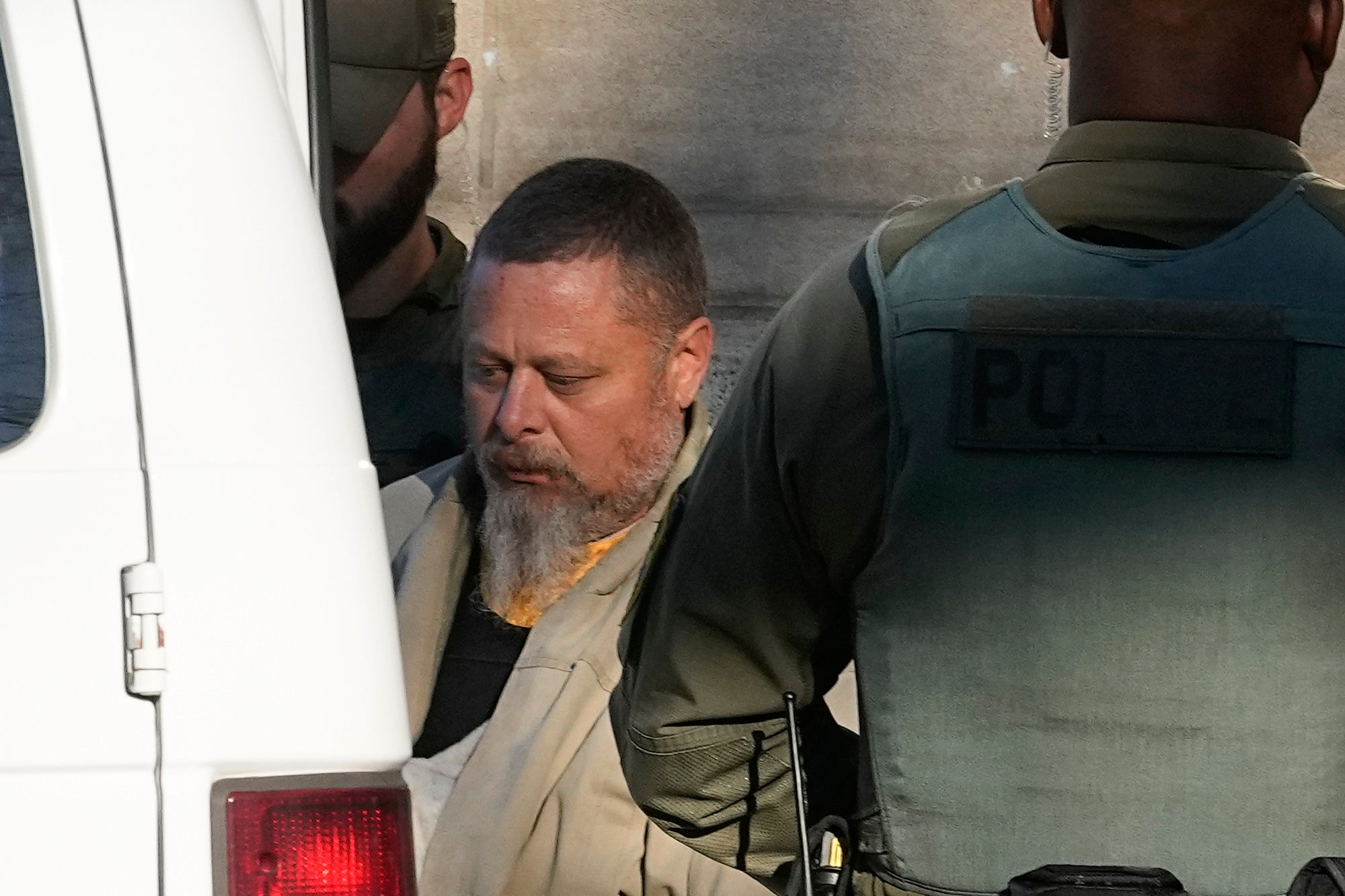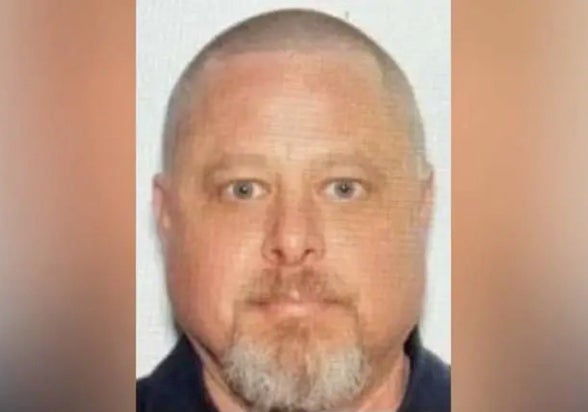Prosecutors seek to have ‘Odinist cult’ theory tossed from Delphi murders trial
Richard Allen confessed to the murders of Abby Williams, 13, and 14-year-old Libby German in 2022, though his attorneys have tried to have the confessions thrown out ahead of his trial next month
Prosecutors in Indiana have sought to have theories that an “Odinist pagan cult” was responsible for the deaths of two young girls dismissed ahead of the trial of the man accused of their murders.
Richard Allen previously confessed to the murders of Abby Williams, 13, and 14-year-old Libby German in 2022. Their bodies were discovered on 14 February 2017, a day after they had gone for a walk on abandoned train tracks near their homes in Delphi, Indiana.
In September 2023 Mr Allen – a Delphi resident since 2006 – made the bombshell claim that the teenage best friends were killed as part of a “ritualistic sacrifice” at the hands of a white nationalist cult, though prosecutors described them as “fanciful”.
The filing, obtained by The Independent, claimed that the brutal murders were carried out by members of a pagan Norse religion and white nationalist group called Odinists. “Members of a pagan Norse religion, called Odinism, hijacked by white nationalists, ritualistically sacrificed Abigail Williams and Liberty German,” the documents read.
The nature of the crime scene pointed to the work of a cult from the get-go, according to the sprawling 135-page document. The lawyers also claimed there were sticks placed over the girls’ bodies, in line with the pagan practices linked to the Nordic-inspired rituals.

Investigators abandoned the Odinist line of inquiry around March 2017, despite the evidence at the scene, according to the defence filing from September 2023. Three investigators looked into the pagan connection including Rushville assistant police chief Todd Click.
In a motion filed on 29 April, Carroll County Prosecutor Nick McLeland asked Special Judge Fran Gull to bar Mr Allen’s attorneys from mentioning the theory or anything “not supported by admissible evidence.”
The motion, obtained by Fox 59, sought to bar the defence from mentioning the alternative theory during the trial and jury selection, with certain terms being made off limits, including “Odinism” and “cult or ritualistic killing.”
Mr McLeland – who dubbed the 2023 claims “fanciful” – also argued that to introduce a third party, the defence “must show some connection between the 3rd party and the crime,” the outlet reported.
Despite various suspects being investigated over the years, the case went mostly cold until Mr Allen’s arrest in October 2022, when ballistics on a bullet found at the scene were tied to him.

It was later revealed that he had been interviewed by police in the days after the girls’ murders, and he admitted that he had been on the Monon High Bridge Trail where the teenagers had been walking on the same afternoon they disappeared.
On 13 October 2022, Mr Allen voluntarily faced questions from Delphi police. Officers then obtained a search warrant for his home and seized his car. A few weeks later, he and his wife were told they could pick the vehicle up from a state police post in Lafayette.
His attorneys previously claimed that police separated the couple and that a trooper questioned Mr Allen without reading his rights, or telling him that he could leave at any point.
They also argued that officers failed to properly record their interviews with the suspect, or tell him that he was being recorded, knowing that they were going to arrest him for the murders, according to a motion filed with Carroll County Court and obtained by Fox 59.
During Mr Allen’s recorded questioning, one trooper reportedly tells him: “You’re guilty and I know it and I’m gonna f***ing prove it.”
Mr Allen’s attorneys have said that his civil rights were violated by Indiana state troopers during these interrogations. Earlier this month they filed a motion to have the confessions thrown out, saying their client was in mental distress at the time at which he made them.

In their motion they said prison officials asked other inmates at the Wabash Correctional Facility to keep logs of everything Mr Allen said and did in his cell. They argued that this amounted to a “sustained form of interrogation; one that lasted more than five months before he was finally broken,” WTHR reported.
His alleged confessions made to both prison guards and his wife over the phone, the attorneys said, were made when he was “delusional, paranoid and highly dysfunctional”. Such alleged confessions were not voluntarily given but instead as a result of coercion and they are therefore not admissible in court, the attorneys said.
In response, prosecutors filed motions to keep the confessions in, arguing that Mr Allen made the statements voluntarily without interrogation.
In March an Indiana judge dismissed two additional charges of kidnapping against Mr Allen.
The trial, due to be held in Carrol County, is scheduled to begin on 13 May.